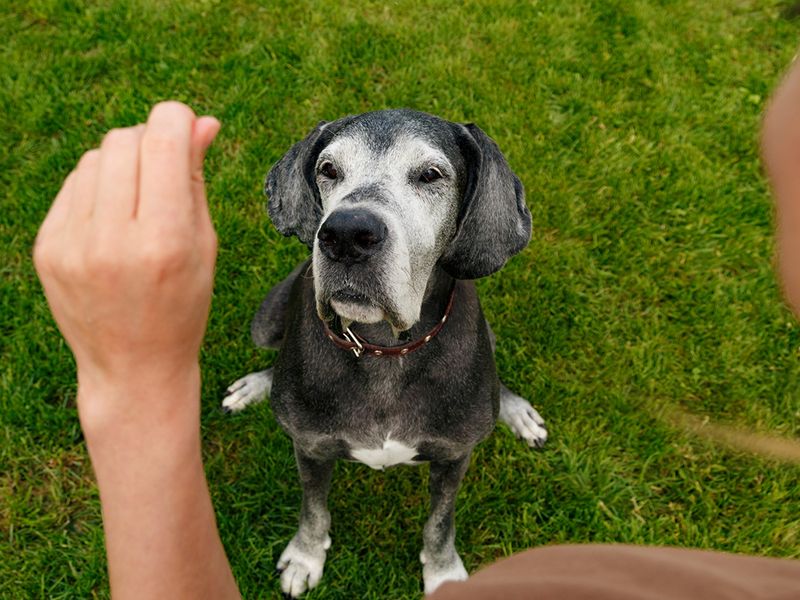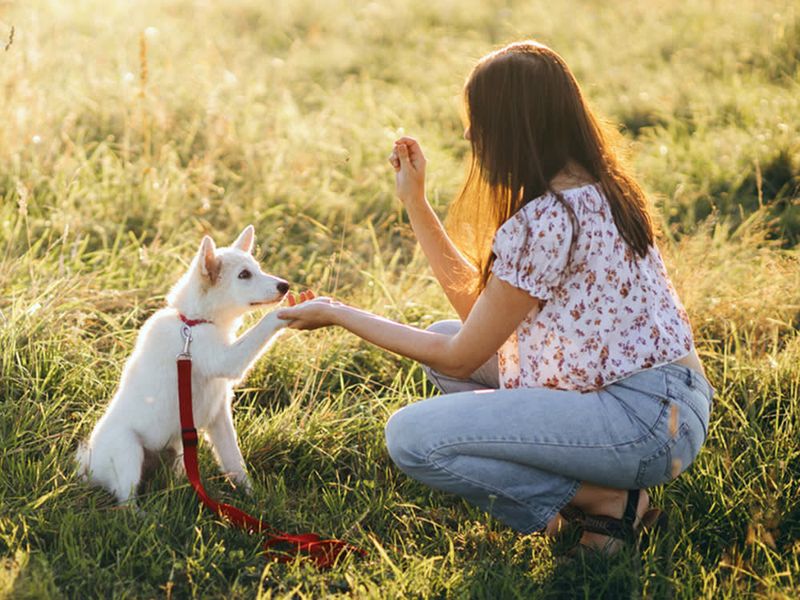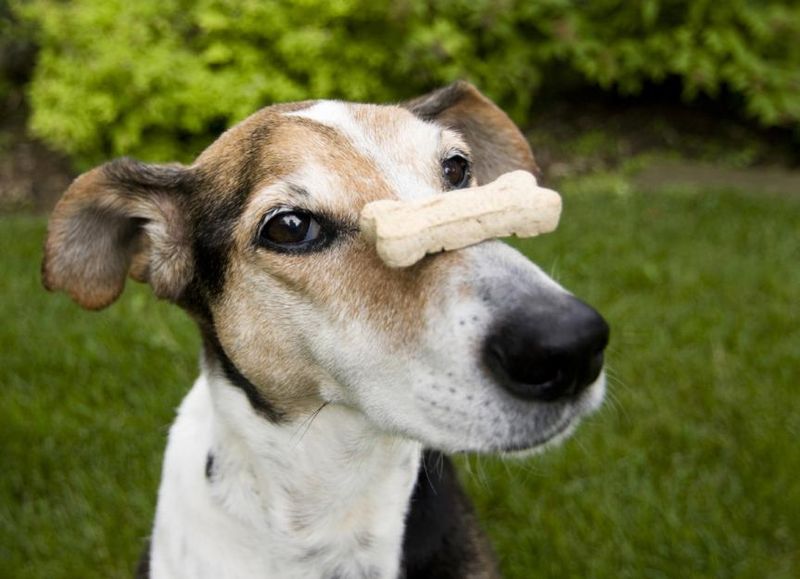Many dog owners unknowingly make mistakes that exacerbate their furry friend’s behavioral issues. From inconsistent training methods to ignoring subtle signs of distress, these errors can lead to more significant problems over time. Understanding and addressing these mistakes can improve your dog’s behavior and strengthen your bond. Here are ten common mistakes to avoid.
Inconsistent Training
Training should be a regular and consistent practice. Dogs thrive on routine, and sporadic training sessions can lead to confusion and non-compliance. For instance, if commands are given inconsistently, the dog may not understand what is expected.
Over time, this inconsistency can lead to frustration for both the dog and the owner. Consistency in training methods and schedules helps reinforce desired behaviors effectively.
Imagine trying to learn something with changing rules every day; it’s frustrating! Ensuring regular and consistent training sessions is crucial for a well-behaved dog. Patience and persistence are key.
Lack of Socialization
Socialization is vital for a dog’s development. Dogs not exposed to different environments, people, and animals may become anxious or aggressive. Early and ongoing socialization helps prevent behavioral issues like fear-based aggression.
For example, a dog unaccustomed to crowds might panic at a busy park, leading to undesirable reactions. By regularly introducing your dog to new experiences, you help them become well-adjusted.
Consider it like teaching a child how to interact with the world. A well-socialized dog is usually calmer and more confident, making them easier to manage in various situations.
Ignoring Excessive Barking
Excessive barking is often a sign of underlying issues. Ignoring it can lead to more severe behavioral problems. Barking can be due to stress, boredom, or the need to alert their owners.
Addressing the root cause is vital. Perhaps your dog barks because they’re bored; more playtime might help. If it’s anxiety, consider calming techniques or consult a professional.
Imagine living next to a constantly running car engine; that’s how your dog feels. Addressing excessive barking early can prevent it from becoming a habit, improving life for both you and your pet.
Using Harsh Discipline
Harsh discipline can damage the bond between you and your dog. Instead of solving behavior problems, it often exacerbates them, leading to fear and anxiety.
Positive reinforcement is a more effective approach. Rewarding good behavior encourages your dog to repeat those actions. For example, giving treats for sitting calmly instead of yelling when they jump.
Think of it like teaching with kindness rather than fear. A fearful dog is less likely to trust and obey you. Building a positive relationship fosters cooperation and understanding, leading to better behavior.
Neglecting Mental Stimulation
Dogs need mental as well as physical exercise. Without mental stimulation, they may become bored, leading to destructive behavior like chewing furniture.
Interactive toys and games can keep your dog’s mind engaged. Teaching new tricks or hiding treats for them to find can be highly rewarding.
Imagine having nothing to do all day; wouldn’t you find something, even if it’s not ideal? Ensuring your dog has enough mental challenges can prevent boredom-related issues. An engaged mind is a happy and well-behaved one.
Reinforcing Bad Behavior
Unknowingly reinforcing bad behavior can make it worse. If your dog jumps on you and you respond with attention, even if it’s negative, you’re reinforcing that behavior.
Dogs seek interaction, and even scolding can be seen as attention. Instead, reward the behavior you want, like sitting calmly.
Think of it like encouraging a child’s tantrum by giving in; it just leads to more tantrums. Ignore unwanted actions and reward positive ones, guiding your dog towards better behavior. Consistency is crucial in teaching what’s desirable.
Poor Diet and Nutrition
A poor diet can affect your dog’s behavior. Low-quality foods might lack essential nutrients, leading to hyperactivity or lethargy.
Ensuring a balanced diet tailored to your dog’s needs supports their overall health and well-being. Consult your vet for dietary advice, especially if you notice behavioral changes.
Imagine feeling sluggish after a fast-food binge; your dog feels the same on a poor diet. Providing nutritious meals is vital for maintaining a stable mood and energy level, contributing to better behavior overall.
Lack of Physical Exercise
Physical exercise is essential for a dog’s health and behavior. Without enough activity, dogs may become restless, leading to destructive behavior.
Daily walks, playtime, and outdoor activities help burn pent-up energy. This not only keeps them fit but also reduces anxiety and stress.
Imagine being cooped up indoors without movement; it’s frustrating. Regular exercise is vital for a happy and well-behaved dog. Incorporating varied activities keeps them engaged and mentally stimulated as well.
Ignoring Body Language
Understanding a dog’s body language is crucial. Ignoring signs of stress or discomfort can lead to an escalation in behavioral problems.
Dogs communicate through body language, and recognizing these signals can prevent mishaps. For example, a dog with a tucked tail might be scared, needing reassurance.
It’s like reading a book without understanding the language; you miss the story. Being attentive to your dog’s cues helps you respond appropriately, fostering a trusting relationship and mitigating potential issues before they arise.
Overindulgence with Treats
While treats are great for training, overindulgence can lead to obesity and health issues, affecting behavior. Too many treats may also reduce their effectiveness as a training tool.
Balance is key. Use treats wisely to reward good behavior but ensure your dog maintains a healthy weight. Consider healthier options if treats make up a large part of their diet.
Think of it like giving a child candy for every small achievement; it loses value. Moderation ensures treats remain special, keeping your dog motivated and healthy.










